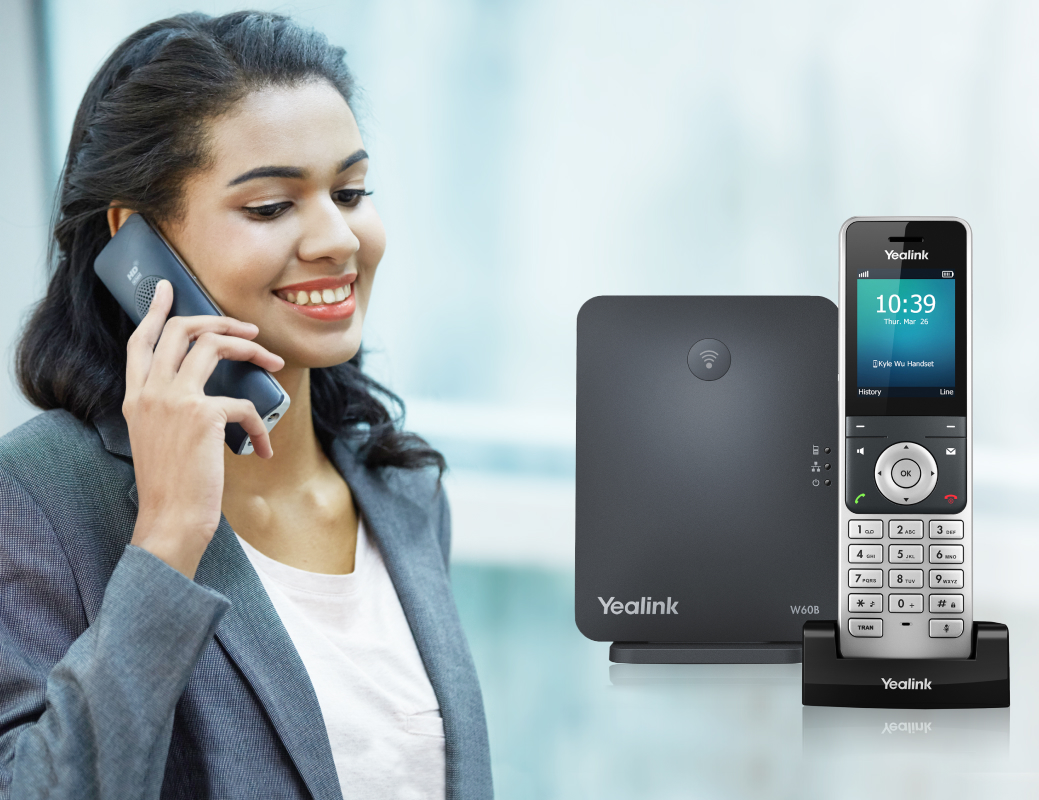Introduction
In today's digital landscape, Voice over Internet Protocol (VoIP) communications have transformed the way businesses and individuals connect. The legal implications surrounding these technologies, including Session Initiation Protocol (SIP), are vast and complex. With the increasing reliance on VoIP phone systems for personal communication and business operations, understanding the legal aspects becomes paramount for compliance, security, and protection against potential liabilities.
This article delves deeply into the intricacies of VoIP communications, exploring the legal frameworks that govern them, their implications for users, service providers, and regulatory bodies. We'll also examine key issues such as privacy, data protection, liability, and more.
Understanding the Legal Aspects Surrounding VOiP Communications and SIP Technology
VoIP technology encompasses various types of communication methods that allow voice calls to be made over the internet rather than through traditional phone lines. SIP is a signaling protocol widely used in setting up and managing these internet calls. However, with technological advancements come legal challenges that need to be addressed.
The Evolution of VoIP Technology
How VoIP Has Changed Communication
VoIP has fundamentally altered how we communicate. By transmitting voice data in packets over IP networks, it offers flexibility and cost-effectiveness compared to traditional telephony systems. Businesses can now leverage VoIP phone systems not only for voice calls but also for video conferencing and instant messaging.
The Rise of SIP Technology
SIP technology plays a crucial role in establishing communication sessions over the internet. By facilitating the initiation, modification, and termination of these sessions, SIP has become an essential component for both consumer and enterprise-level VoIP applications.
Legal Framework Governing VoIP Communications
Federal Regulations Impacting VoIP Services
In many countries, federal agencies regulate telecommunications services. In the United States, for instance, the Federal Communications Commission (FCC) oversees many aspects of VoIP technology under telecommunications laws.
State-Level Regulations on VoIP Usage
Apart from federal regulations, state laws may impose additional requirements on VoIP services. Understanding local regulations is crucial for compliance among service providers operating across multiple jurisdictions.

Privacy Concerns in VOiP Communications
Data Privacy Regulations Affecting VoIP Systems
With growing concerns about data privacy https://penzu.com/p/efb4dc628e8b397a worldwide—exemplified by regulations like GDPR in Europe—VoIP providers must ensure that they comply with these legal standards to protect user data effectively.
User Consent: A Key Requirement in Data Handling
Obtaining user consent is critical when collecting or processing personal data through a VoIP phone system. Service providers must implement transparent policies regarding how user information is managed.
Liability Issues Related to VOiP Communications
Understanding Liability in Service Outages
What happens when a service outage affects communication? Providers may face liability issues if they fail to deliver services reliably. Users should be aware of their rights in such cases.
Potential Risks Involving Third-Party Breaches
With numerous third-party integrations available within VoIP ecosystems—such as CRM systems or cloud storage—understanding liability concerning data breaches involving external parties becomes essential.
Security Measures in VOiP Systems
Implementing Security Protocols for Protection
To safeguard against security threats like hacking or eavesdropping—common vulnerabilities associated with any internet-based communication—VoIP phone systems need robust security measures such as encryption protocols.
Regular Audits: Keeping Systems Secure Over Time
Conducting regular audits can help identify vulnerabilities before attackers exploit them. This proactive approach reinforces trust among users while ensuring compliance with applicable laws.
International Considerations for VOiP Communications
Navigating Global Regulatory Landscapes
When offering services across borders using VoIP technology or SIP protocols—service providers must consider international regulations that might apply based on users’ locations.
Extraterritoriality: A Complicated Legal Issue
Some laws may have extraterritorial reach; thus understanding how different countries interpret jurisdiction concerning online communications will help mitigate potential risks involved in cross-border operations.
Consumer Protections in VOiP Technologies
Understanding Consumer Rights When Using VoIPs
Users have rights regarding service quality and transparency about charges incurred via their chosen provider's platform; hence knowing these rights enables informed decision-making while using these technologies.
FAQs About VOiP Communications
1. What is a VoIP phone system? A VoIP phone system allows users to make voice calls over an internet connection instead of traditional telephone lines. It uses packet-switched technology to transmit voice signals efficiently.

2. Are there specific laws governing VoIP communications? Yes! Various federal and state regulations apply to VoIP communications. In most countries—including the U.S.—the FCC regulates these services under telecommunications laws while state-level guidelines may impose additional requirements.
3. How does SIP relate to VOiP technology? Session Initiation Protocol (SIP) is a signaling protocol used primarily for initiating, maintaining, modifying, and terminating real-time sessions involving video calls or voice calls over IP networks.
4. What are privacy issues with using a VoIP phone? Privacy concerns mainly revolve around data collection practices by service providers—such as whether they adequately protect user information from unauthorized access or comply with applicable privacy regulations like GDPR or CCPA (California Consumer Privacy Act).
5. Can I hold my provider liable if there's an outage? Yes! Depending on your service agreement terms established between you—and your chosen provider—you may have recourse if outages occur frequently without reasonable notice given beforehand.
6.What security measures should I take when using a Voip Phone System? To secure your communications effectively: use strong passwords; enable encryption protocols; regularly update software/hardware systems utilized alongside your service provider's offerings; perform routine audits ensuring no vulnerabilities exist within your network configurations!
Conclusion
Understanding the legal aspects surrounding VOiP communications and SIP technology is vital as we continue embracing this transformative method of communication across various sectors globally—from businesses seeking cost-effective solutions down-to-individual users looking for efficient ways staying connected! By being aware of applicable regulations; maintaining best practices related privacy/security concerns; knowing consumer rights/liabilities helps foster trust while minimizing risks associated navigating this ever-evolving digital landscape!
With proper knowledge regarding these elements at hand—users & providers alike can confidently utilize their respective platforms without fear repercussions stemming from non-compliance resulting adverse effects one's operations overall!